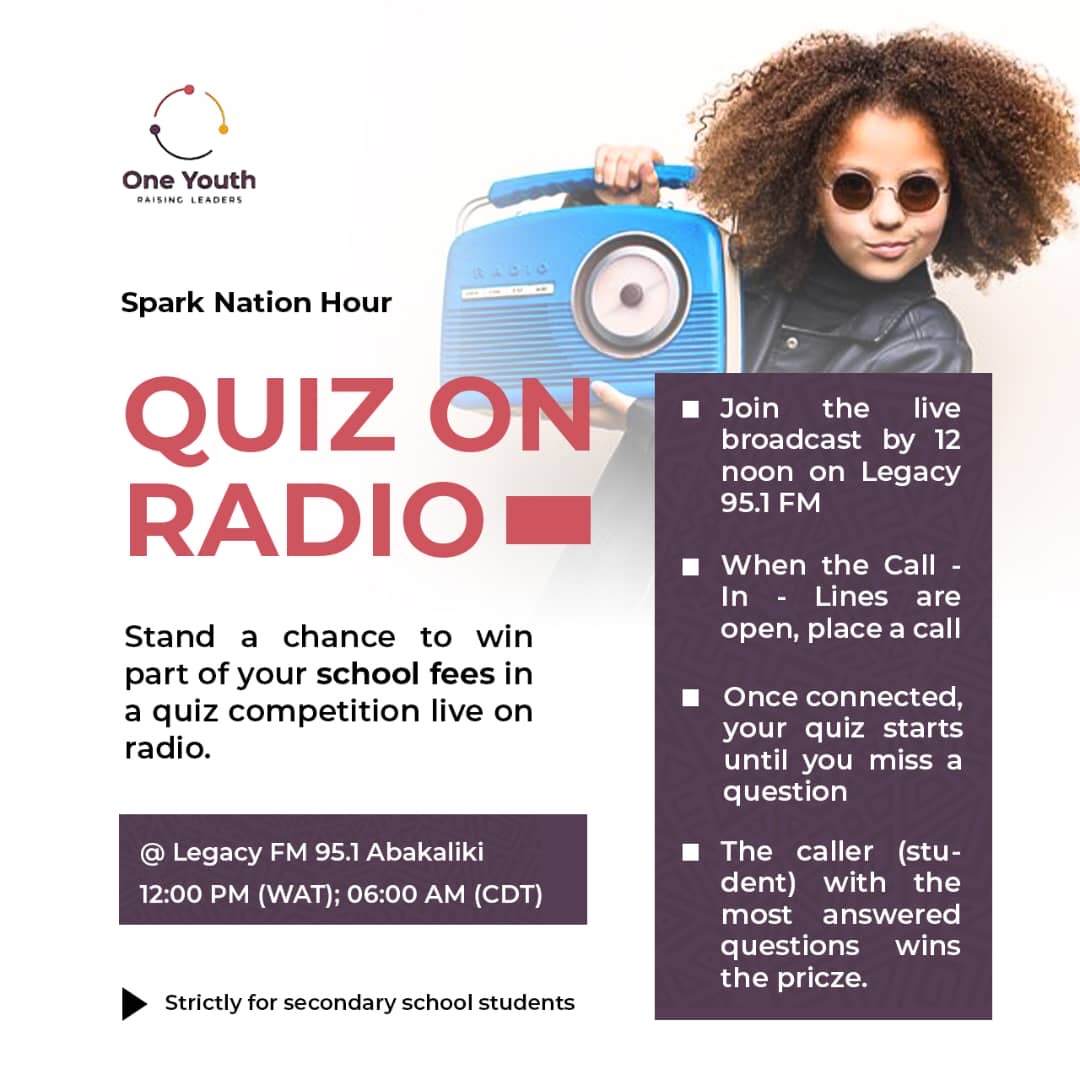The recent suspension of Legacy FM’s Acting General Manager, Godfrey Chikwere, is more than just a station’s internal disciplinary matter. It exposes a delicate fault line in Nigeria’s democracy — where media freedom, political power, and the ethics of journalism intersect in uncomfortable ways.
Legacy FM, a privately owned radio station in Ebonyi State, announced the suspension on grounds of “unruly behaviour” and “disobedience to the code of conduct.” Yet, it was clear from both the station’s announcement and government officials’ statements that the trigger was Chikwere’s persistent criticism of Governor Francis Nwifuru’s administration, both on air and on social media.
The Governor’s Chief Press Secretary was blunt in his defence — Legacy FM had received substantial government support: a vehicle, a transformer, and even road construction leading to its premises. His argument implied that such gestures should have bought the administration at least a measure of favourable coverage, or at the very least, silence.
But this is precisely where the danger lies. A private broadcaster that becomes dependent on political largesse risks losing the editorial independence that underpins its credibility. When financial or infrastructural lifelines come from the very political actors journalists are meant to hold accountable, criticism is rebranded as ingratitude, and dissent becomes an act of betrayal.
And Chikwere’s case is far from an isolated one in Ebonyi or across Nigeria. In May 2024, investigative journalist Daniel Ojukwu was detained for over a week under the Cybercrime Act after publishing a corruption exposé. His detention, far beyond the legal 48-hour limit without court appearance, drew condemnation from press freedom groups.
In 2020, then-Governor David Umahi of Ebonyi State detained and barred Chijioke Agwu (Daily Sun) and Peter Okutu (Vanguard) from Government House after they published reports he considered embarrassing. Agwu was interrogated for hours under a pandemic law, his phone seized, and both men banned “for life” from state events — a decision only reversed after national outrage.
That same year, during the #EndSARS protests, young reporter Pelumi Onifade was arrested in Lagos while covering a demonstration. Days later, he was found dead in a morgue, his death still shrouded in unanswered questions.
These incidents show a dangerous pattern: when political power meets the press in Nigeria, the handshake often turns into a chokehold. Criticism of leaders is quickly labelled “derogatory” or “inciting.” This blurring of lines between legitimate scrutiny and defamation chills public discourse and makes investigative journalism a hazardous profession.
There is also a professional question. Did Chikwere, as a station manager, cross ethical boundaries by using his platform to advance personal opinions against the Governor? Or is this an example of a professional using his influence to demand better governance? In a healthy democracy, these questions would be weighed not by political pressure, but by clear, transparent, and apolitical standards of journalism.
If Nigeria’s democracy is to deepen, both the media and government must recalibrate their relationship. Private broadcasters must seek sustainable business models that insulate them from political patronage, and government leaders must recognise that robust, even uncomfortable, criticism is a sign of healthy governance — not sabotage.
Otherwise, the airwaves risk becoming echo chambers, amplifying only what those in power want the public to hear. And when that happens, we all lose.
Got insights on politics, economy, governance, or society? Share your perspective! Submit your opinion pieces and contribute to meaningful discussions. Send your submissions to ebonyinews.ng@gmail.com

